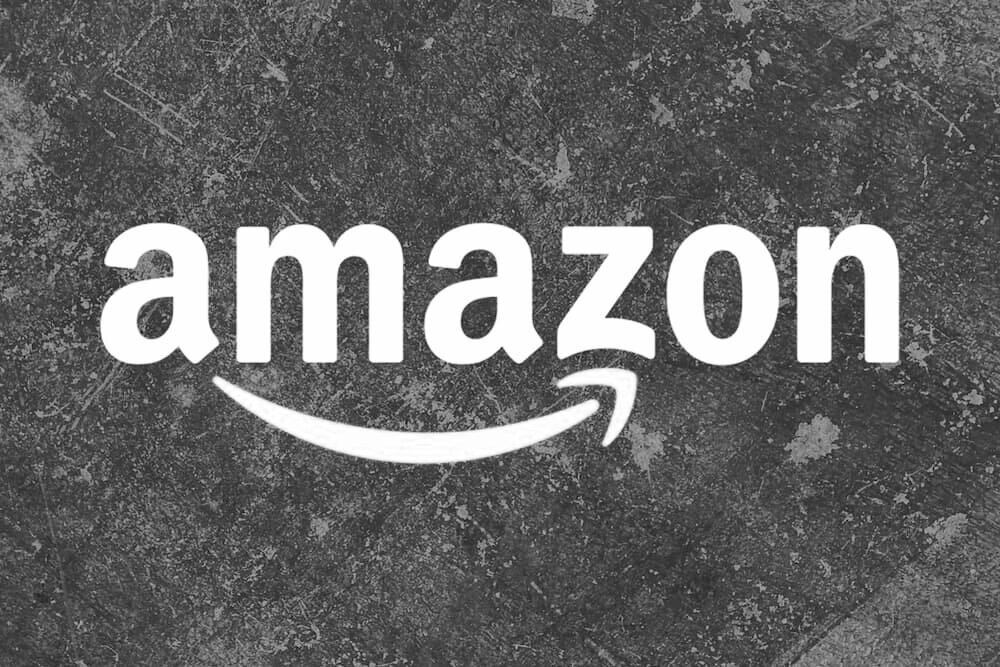The Fear of Not Failing Enough
"The thing I worry about the most is that we would lose our way… lose our obsessive focus on customers or would become somehow short term-oriented or.. become overly cautious, failure-averse.” -Jeff Bezos

Capital Thinking • Issue #605 • View online
As the company moves on so many initiatives simultaneously, it’s hard not to pay attention to Amazon.
“If we can keep competitors focused on us while we stay focused on customers, we’ll be alright.”
GORILLA MODE: AMAZON APPENDIX - IN BEZOS' OWN WORDS
So how does one compete successfully? Here’s what Bezos has said through the years about that very topic:
KNOW YOUR MODEL AND COMMIT.
“There are two ways to build a successful company. One is to work very, very hard to convince customers to pay high margins. The other is to work very, very hard to be able to afford to offer customers low margins. They both work. We’re firmly in the second camp. It’s difficult—you have to eliminate defects and be very efficient. But it’s also a point of view. We’d rather have a very large customer base and low margins than a smaller customer base and higher margins.”
“A dreamy business offering has at least four characteristics. Customers love it, it can grow to very large size, it has strong returns on capital, and it’s durable in time – with the potential to endure for decades. When you find one of these, don’t just swipe right, get married.”
“People will shop in different ways… There are department stores and chains and independent stores and big stores and small stores. All these companies can be successful.”
“Customer obsession… competitor obsession… business model obsession… product obsession… technology obsession… There are many ways to center a business… Many of them can work. I know and have friends who lead very competitor-obsessed companies and those companies can be successful… I like customer obsession.”
“Three big needle movers: selection, price, delivery/speed/convenience.”
BE PROACTIVE.
“When we’re at our best, we don’t wait for external pressures. We are internally driven to improve our services, adding benefits and features, before we have to. We lower prices and increase value for customers before we have to. We invent before we have to. These investments are motivated by customer focus rather than by reaction to competition. We think this approach earns more trust with customers and drives rapid improvements in customer experience – importantly – even in those areas where we are already the leader.
“To me, trying to dole out improvements in a just-in-time fashion would be too clever by half. It would be risky in a world as fast-moving as the one we all live in. More fundamentally, I think long-term thinking squares the circle. Proactively delighting customers earns trust, which earns more business from those customers, even in new business arenas. Take a long-term view, and the interests of customers and shareholders align.”
DEFINE WHAT IT MEANS TO BE CUSTOMER-CENTRIC IN YOUR MODEL.
“Our energy at Amazon comes from the desire to impress customers rather than the zeal to best competitors.”
“Invention is not disruptive. Only customer adoption is disruptive.”
“We don’t seek to disrupt, we seek to delight. If you invent something completely new and radical and customers don’t care about it, it’s not disruptive. Radical invention is only disruptive if customers love it.”
WHEN THEY ARE LIKELY TO PAY OFF, TAKE THE HARDER ROUTES.
“A brand for a company is like a reputation for a person. You earn reputation by trying to do hard things well.”
UNSEXY THINGS ARE IMPORTANT.
“When many of the dot-com companies went out of business when the internet bubble burst. One of the reasons is that they hadn’t really put enough attention into their back end. They hadn’t put enough attention into what some of the people consider the less glamorous part of the business.”
PRODUCE SOMETHING WORTH BUYING.
“In the old world, you devoted 30% of your time to building a great service and 70% of your time to shouting about it. In the new world, that inverts.”
“I strongly believe that missionaries make better products. They care more. For a missionary, it’s not just about the business. There has to be a business, and the business has to make sense, but that’s not why you do it. You do it because you have something meaningful that motivates you.”
“If I were just setting out today to make that drive to the West Coast to start a new business, I would be looking at biotechnology and nanotechnology. I also think about data security… These are fundamental technologies, things that are going to change the world. But the truth is, I probably wouldn't do any of those things because I grew up programming computers. So maybe I'd think about data security, but I'm sure I'd do something with software and computer science and software engineering. Certainly, in the spring of 1994, the thing that motivated the formation of Amazon.com was noticing that Web usage was growing at 2,300% a year.”
BE NIMBLE AND RESPONSIVE.
“Most decisions should probably be made with somewhere around 70% of the information you wish you had. If you wait for 90%, in most cases, you're probably being slow.”

*Featured post photo by Hello I'm Nik 🎞 on Unsplash
